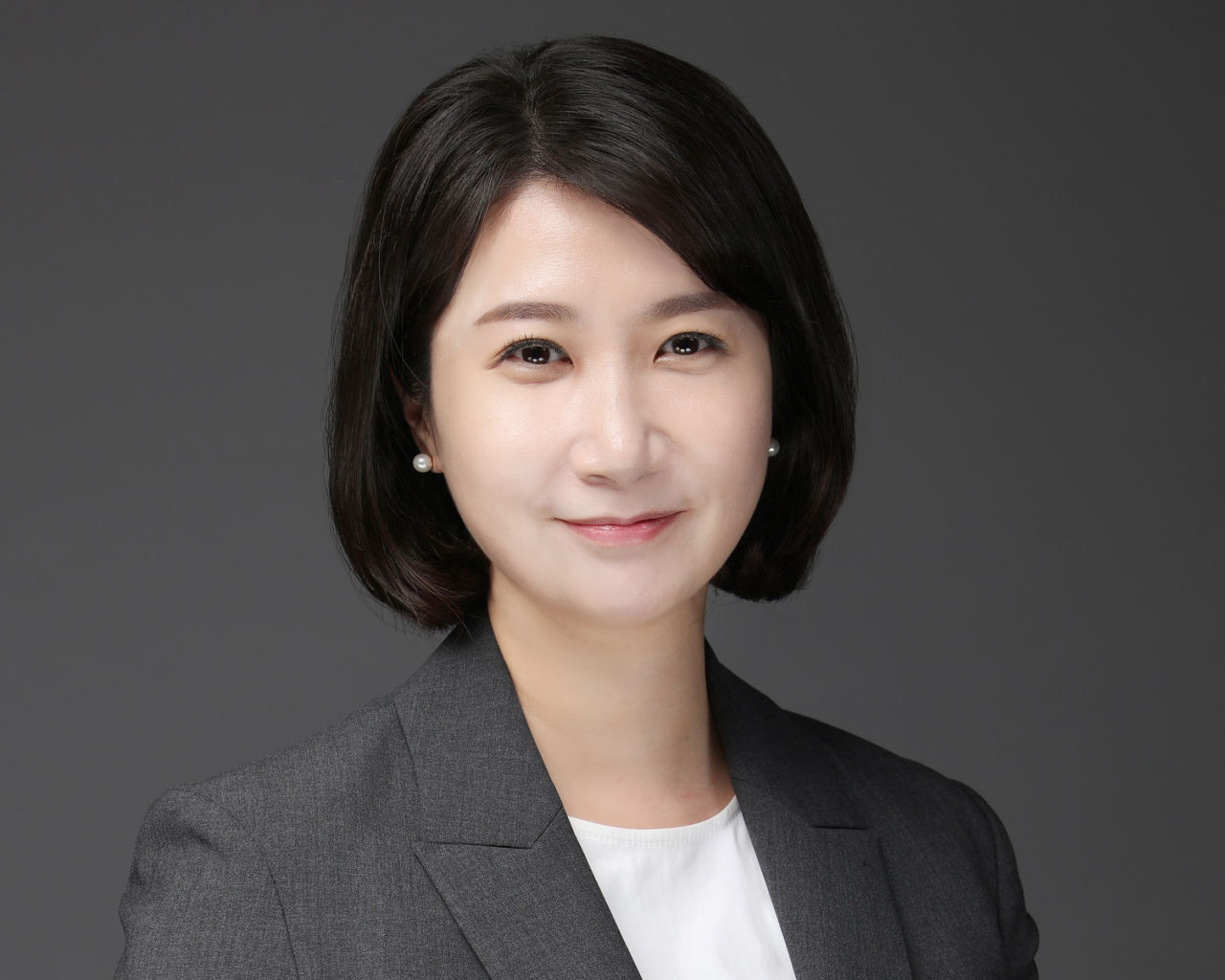South Korean-made “Squid Game,” currently the most popular content on Netflix, reminds us of an important issue about ESG’s social risk. Throughout the series, fair rules are repeatedly emphasized. The stress is made to promote the game to the participants in the beginning, then to punish the guards. There are recurring moments where women and the old are always picked last because “most (even the kid’s) games require strength.” The series constantly evokes questions about whether the games and the system are fair, unlike the real world.
Director Hwang Dong-hyuk is a well-known artist creator inside Korea for pungently and brilliantly depicting social issues in his films at a timely moment. His past works have famously exposed sensitive, often painful, political themes in South Korea. For this reason, the series deserves more than a cheerful chant for its worldwide success.
Squid Game emphasized fairness throughout the episodes, and many Koreans who watched it empathized with it. Popular culture is a good reflection of the current social agenda. Companies, especially multinationals, can earn tips from the series to truly understand Korea’s local, prevailing social imperative and turn it to oversee the company’s ESG risks.
‘Leave no one behind’ Key links between Squid Game and ESG’s social risk are the value of leaving no one behind and a fair process. Environmental issues circling ESG risks are transitional risks when companies transform to become sustainable and green. The social risk management in ESG is related. It examines the human factors in the transition process, ensuring every stakeholder is prepared.
For instance, the International Labor Organization examines national procedures and actions since 2016 to monitor if workers’ rights and livelihoods are secured while the world transitions to a green economy. The European Union embraced this concept and published a draft report on social taxonomy last summer by adopting a just transition as a critical component of strengthening social investment.
ESG risk management is about focusing on the adjustment process in the transition stage. For both environmental and social risk management, it comes down to determining how “nobody must be left behind.“ How can companies do this effectively?
In the language of ESG, the core value of “leaving no one behind” is encapsulated in diversity, equity, and inclusivity (DEI). It focuses on removing barriers among people in society by leveraging inherited disadvantages which could cause vicious circles of poverty. It overarches many social agenda, such as ethnicity and race, gender, sexual orientation, and socioeconomic class. Each factors focus on actively executing corporate and national policies to grant equal economic opportunity, impartiality, and sense of belonging. This spirit of ESG reflects how the current society sensitizes these values and sets them as an ideal.
Understand DEI from local value, contextSocial risks are closely linked to a country’s history, culture, and situational events. Therefore, even successful multinational companies must approach social risk carefully when operating in foreign markets. While diversity may be a priority in some countries, Korea is more concerned with equity issues.
There is a surprising number of related search terms on equity (“gongjeongseong”) when Squid Game is searched in Korea. The series satirically reflects how the game sponsors applied the logic of fairness despite the game‘s real purpose, pungently pointing out the irony as well as the yearning at the moment.
Therefore, while all three DEI traits are uniquely important, companies must understand that equity is the factor many Koreans feel angry about. A growing conflict between young generations of females and males on affirmative action, or equal employment policies, is a good example. The divide between the rich and the poor is a universal conflict, but Koreans are particularly sensitive to power-subordinate relationships. It is true both within companies as in boss-employee communications and outside companies as in buyer-supplier contracts.
This year’s key issue in Korea’s state audit was fair trade. Platform dominators exist everywhere, yet South Korea was the first to enact regulations that restrict the expansive growth of big-tech companies. There were incidents where companies faced reputational damage when employees’ and suppliers posted stories of bullying by their bosses and contractors.
Companies can face tremendous reputational and operational risks if equity issues are not appropriately managed throughout the value chain. Multinational brands such as Chanel and Starbucks also experienced problems when employees’ internal claims were voiced outside and caused operational damage despite their excellent environmental practices.
If the companies want to discern the social issue more accurately, they can learn from the trending content and pay attention to the reactions of the local people. Companies will be able to catch a unique, social imperative that could lead to huge social risks if not managed in time. In South Korea, large enterprises have an additional level of responsibility as leaders in the market. They face different standards on equity and fairness. Foreign companies must understand this social demand when promoting their business and their corporate social programs.
Lee Yeon-wooLee Yeon-woo is an expert adviser at the Korean law firm Bae, Kim & Lee. -- Ed.
By Korea Herald (
khnews@heraldcorp.com)





![[Today’s K-pop] Blackpink’s Jennie, Lisa invited to Coachella as solo acts](http://res.heraldm.com/phpwas/restmb_idxmake.php?idx=644&simg=/content/image/2024/11/21/20241121050099_0.jpg)


